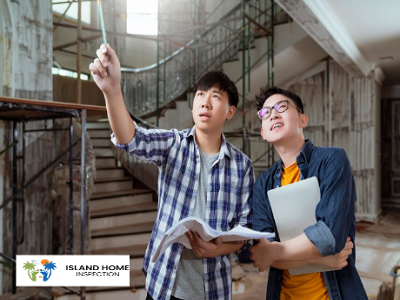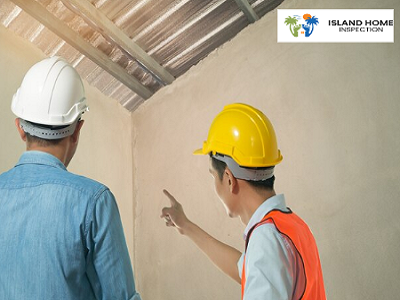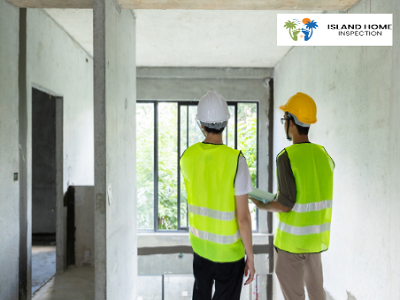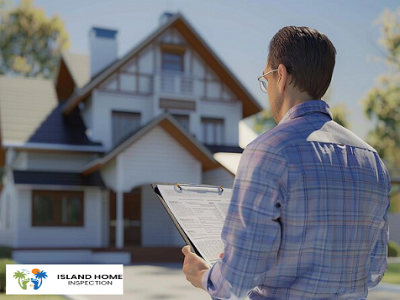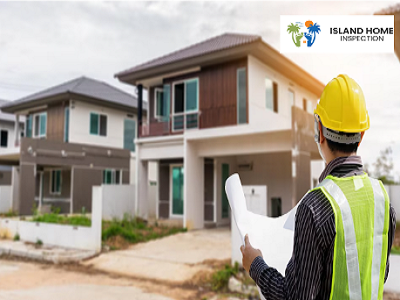Home Inspector Puerto Rico: What to Know Before Buying
When considering a property purchase in Puerto Rico, it's crucial to understand the role of a home inspector. Unlike other places, Puerto Rico's unique climate and conditions mean specific issues might arise, such as mold or foundation problems due to humidity. A thorough inspection can uncover hidden problems, saving you from costly surprises down the line. Ensure your inspector is familiar with local building codes and common regional issues. This way, you’ll get a clear picture of what you’re buying and can make an informed decision about your future home.
Understanding Local Inspection Needs
Home inspections in Puerto Rico involve more than just the usual checks. The island’s high humidity and tropical weather can cause unique issues such as mold growth, termite infestations, and rapid wear on materials. It's essential to choose an inspector who understands these local challenges and can thoroughly assess the impact of climate on the property. This ensures that you get an accurate evaluation of the home’s condition, tailored to the specific environmental factors of the region.
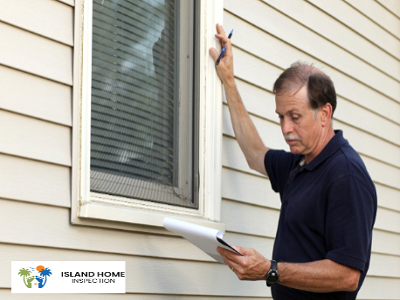
Unique Challenges of Tropical Climate
Puerto Rico’s tropical climate brings specific issues like mold and mildew growth, which can compromise indoor air quality and structural integrity. An inspector familiar with these challenges can identify such problems early, helping you avoid costly fixes later.
Importance of Moisture Control
Due to high humidity, moisture control is crucial in Puerto Rican homes. Inspectors need to check for proper ventilation and potential water damage, ensuring the property is safeguarded against moisture-related issues.
Termite Risks in Humid Environments
Termites thrive in humid conditions, making them a significant concern in Puerto Rico. A knowledgeable inspector will thoroughly assess for termite damage and suggest preventive measures to protect your investment.
Assessing Roof and Foundation Wear
Tropical weather can accelerate roof and foundation wear. Inspectors should evaluate these areas for signs of damage or deterioration, ensuring the property’s structural components are sound and reliable.
Choosing a Local Expert
Selecting an inspector with local expertise is crucial for addressing region-specific issues. They should be familiar with Puerto Rico’s building codes and common property concerns, providing you with a thorough and accurate inspection report.
Choosing the Right Inspector
Finding a reliable home inspector in Puerto Rico means looking for someone with local experience and expertise. Ensure that the inspector is licensed and has a track record of working in the region. They should be familiar with Puerto Rico’s building codes, common issues in the area, and have a good reputation among local real estate professionals. A well-qualified inspector will provide a detailed report that reflects both standard inspection practices and regional concerns.
Common Issues in Tropical Homes
Homes in Puerto Rico face unique challenges due to the tropical climate. Issues such as water damage, roof deterioration, and pest infestations are common. An inspector should check for signs of moisture problems, check the integrity of roofing and insulation, and look for evidence of pest damage. Understanding these common issues helps in assessing whether a property is well-maintained and if any repairs or preventive measures are needed.
Impact of Humidity on Property
High humidity levels in Puerto Rico can lead to a range of issues, from mold and mildew growth to rust and corrosion on metal parts. An inspector should evaluate areas prone to moisture accumulation, like basements, attics, and ventilation systems. Proper inspection for humidity-related problems can help in addressing them early, preventing further damage, and ensuring that the home remains in good condition.
Understanding Inspection Reports
After the inspection, you'll receive a report detailing the findings. Understanding this report is crucial for making informed decisions. Look for a clear summary of major issues, estimated repair costs, and recommendations for further evaluations if needed. A good inspector will not only highlight problems but also provide guidance on their implications and potential solutions, helping you weigh the risks and benefits of proceeding with the purchase.
Preparing for the Inspection
Before the inspection, make sure the property is accessible and in good order. Clear areas around the home’s exterior, ensure utility services are active, and remove any obstructions that might hinder the inspection. Communicate any known issues or concerns with the inspector beforehand, so they can focus on those areas. Preparation helps ensure a thorough and efficient inspection process.
Negotiating Repairs
If the inspection reveals issues, you may need to negotiate repairs or adjustments with the seller. Use the inspection report as leverage to request fixes or a reduction in the purchase price. Knowing the severity of the problems and potential repair costs will help in these discussions. It's often beneficial to get repair estimates from contractors to support your negotiation and ensure you’re making a well-informed decision.
Legal and Insurance Considerations
Be aware of any legal implications related to home inspections in Puerto Rico. Understand the local regulations regarding disclosure of property issues and your rights if problems are discovered post-purchase. Additionally, check how inspection findings might impact homeowners insurance. Some insurance policies might cover specific issues but may exclude others, so it’s important to understand how your inspection report could affect your coverage.
- Local Disclosure Regulations: Familiarize yourself with Puerto Rico's regulations on property disclosure. Sellers are often required to disclose known issues, but specifics can vary.
- Post-Purchase Rights: Know your rights regarding post-purchase issues. Research how Puerto Rican law handles disputes over undisclosed problems found after buying the property.
- Insurance Coverage Impact: Understand how findings from the inspection might affect your homeowners insurance. Some policies may not cover issues revealed during an inspection.
- Claiming Repairs: Check if your insurance will cover repairs for problems identified in the inspection. Some policies might require you to address these issues before coverage kicks in.
- Legal Recourse: Be aware of your options if problems arise that were not disclosed by the seller. Knowing your legal rights can help you address potential disputes effectively.
Conclusion
Ensuring the structural integrity and safety of a property is crucial before making a purchase, especially in a unique location like Puerto Rico. With its diverse climate and building practices, a thorough home inspection can reveal potential issues that might not be immediately apparent. By choosing a reputable home inspector, such as Island Home Inspections LLC, you can gain peace of mind and make a more informed decision about your new home.
Island Home Inspections LLC, based in Puerto Rico, is dedicated to providing comprehensive and reliable inspection services tailored to the specific needs of the local market. Their expertise can help you navigate the complexities of home buying with confidence, ensuring that your investment is sound and secure. For those embarking on the journey to homeownership, taking the time to understand and utilize professional inspection services is a vital step toward a successful and satisfying purchase.



